Elements of Well-Being
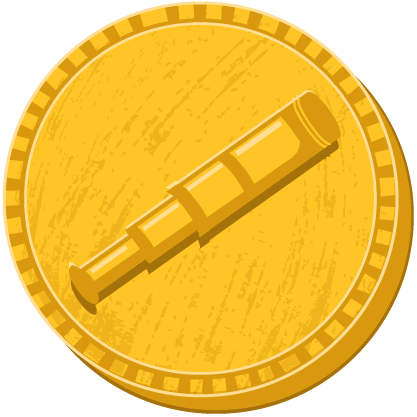
Assess
To quickly assess your level of career well-being, think about whether you agree with the following statements:
- I like what I do every day.
- I learn or do something interesting each day.
- I feel energized to go to work each day.
Improve
To improve your career well-being, try the following tips:
- Develop a strengths-based mindset.
- Spend time with those who cheer you on.
- Blend work and play.
Maximize
Maximize your Career Well-Being by:
- Factoring in leadership. People don’t quit their jobs, they quit managers.
- Leaning into your strengths every day.
- Assess whether you have the tools and resources you need to be successful in your job.
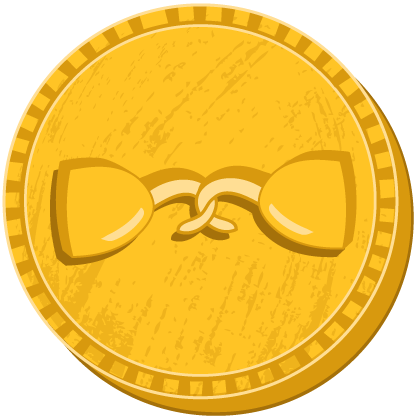
Assess
To assess your social well-being, try asking yourself the following questions:
- Does someone in my life encourage me to be healthy?
- Do I feel positively charged or drained after spending time with friends and family?
- Do I feel heard and supported in my relationships?
Improve
To improve your social well-being, try the following tips:
- Mix social time with physical activity.
- Be social on your lunch break.
- Recognize the people in your life who positively influence you.
Maximize
Maximize your social well-being by:
- Strengthen mutual connections in the workplace or in your classes.
- Make an effort to reconnect with someone in your life.
- Do random acts of kindness for others.
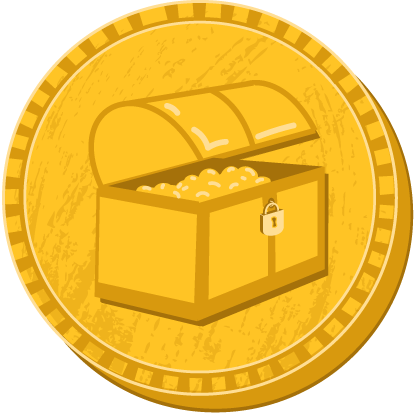
Assess
To assess your financial well-being, try asking yourself the following questions:
- Do I have enough money to do everything that I want to do?
- In the last seven days, have I worried about money?
- How comfortable do I feel planning, tracking, investing, and saving?
Improve
To improve your financial well-being, try the following tips:
- Spend on experiences.
- Establish default systems like automatic savings.
- Tap into money-saving apps.
Maximize
Maximize your financial well-being by:
- Track expenses on paper or on a spreadsheet.
- Set monthly goals and activity-based motivations in place to reach those goals.
- Spend on others as well as yourself.
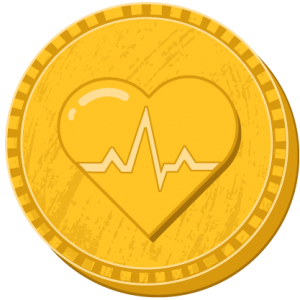
Physical Well-Being
Physical well-being means that you have enough energy and health to get things done on a daily basis. This not only includes being physically active but also includes making positive food choices and being mentally clear and energized. It’s helpful to adopt behaviors that have long-term benefits.
Assess
To assess your physical well-being, try asking yourself the following questions:
- In the past week, have I felt active and productive each day?
- How would I rank my physical health on a scale of 1-10?
- Do my daily behaviors energize me?
Improve
To improve your physical well-being, try the following tips:
- Exercise or move at least 20 minutes a day.
- Try to get 7-8 hours of sleep per night.
- When making food choices and being active, set positive defaults to make decisions easier.
Maximize
Maximize your physical well-being by:
- Add a cup of fruit or vegetables to your plate each day.
- Unplug before you unwind at night.
- Have walking meetings at work.
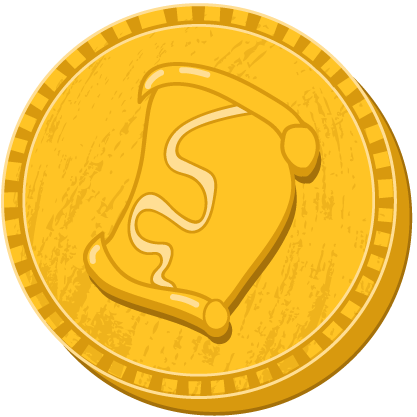
Assess
To assess your community well-being, try asking yourself the following questions:
- Is ECU the perfect place for me?
- In the past year, have I been recognized for my contribution to my community?
- Do I actively seek ways to improve my community?
Improve
To improve your community well-being, try the following tips:
- Stay in the loop! Be aware of opportunities to serve your community.
- Tell the people in your life about your interests and passions so they can help connect you with groups or organizations.
- Openly share your experiences with others to encourage more community involvement.
Maximize
Maximize your community well-being by:
- Invite friends and family to join you in community-based activities.
- Support local, small, or independent businesses in your area.
- Donate any unwanted items or non-perishable foods.